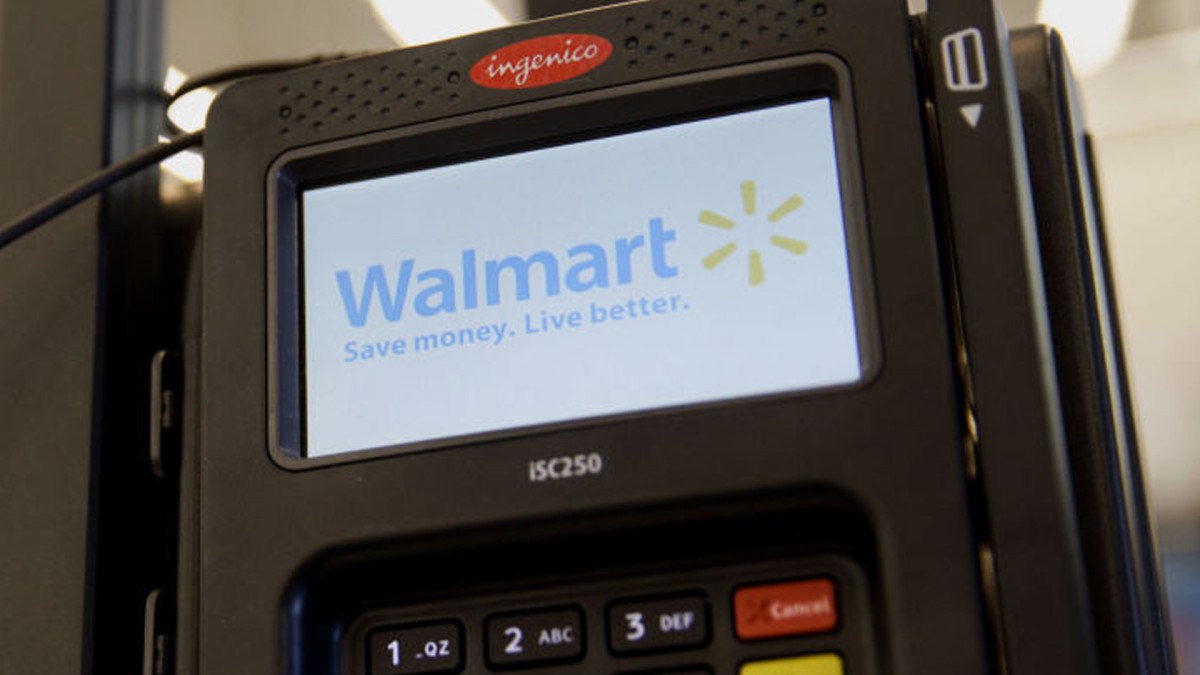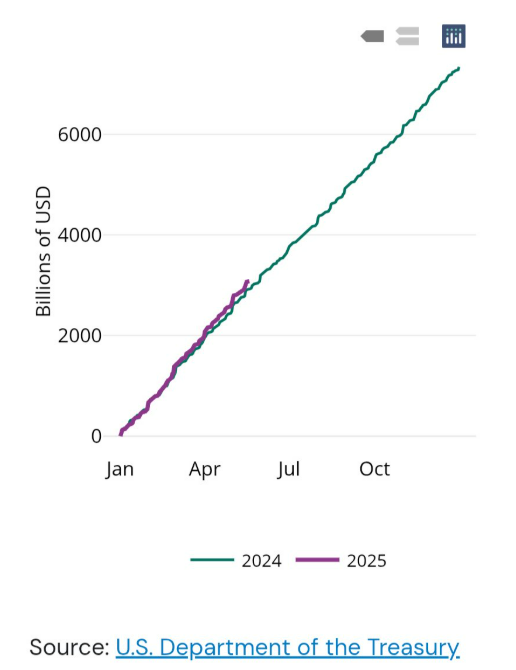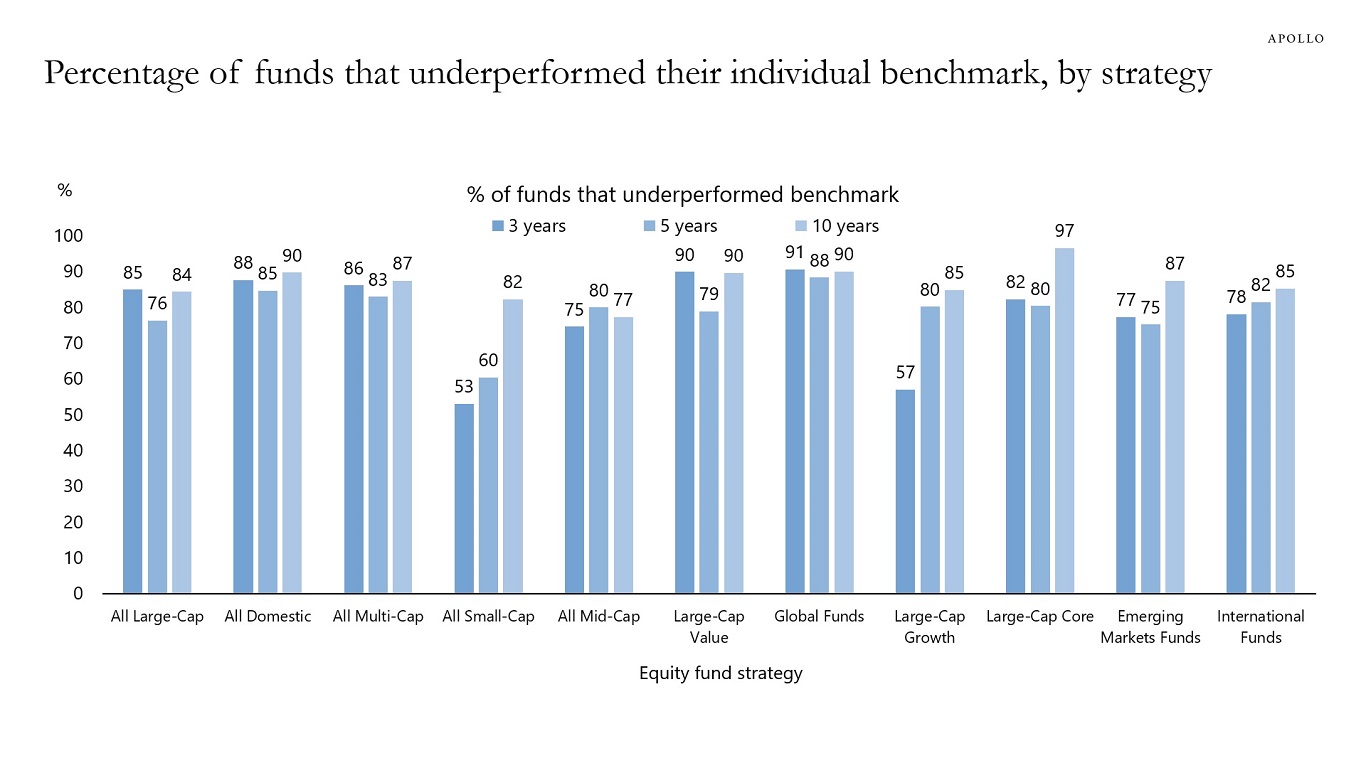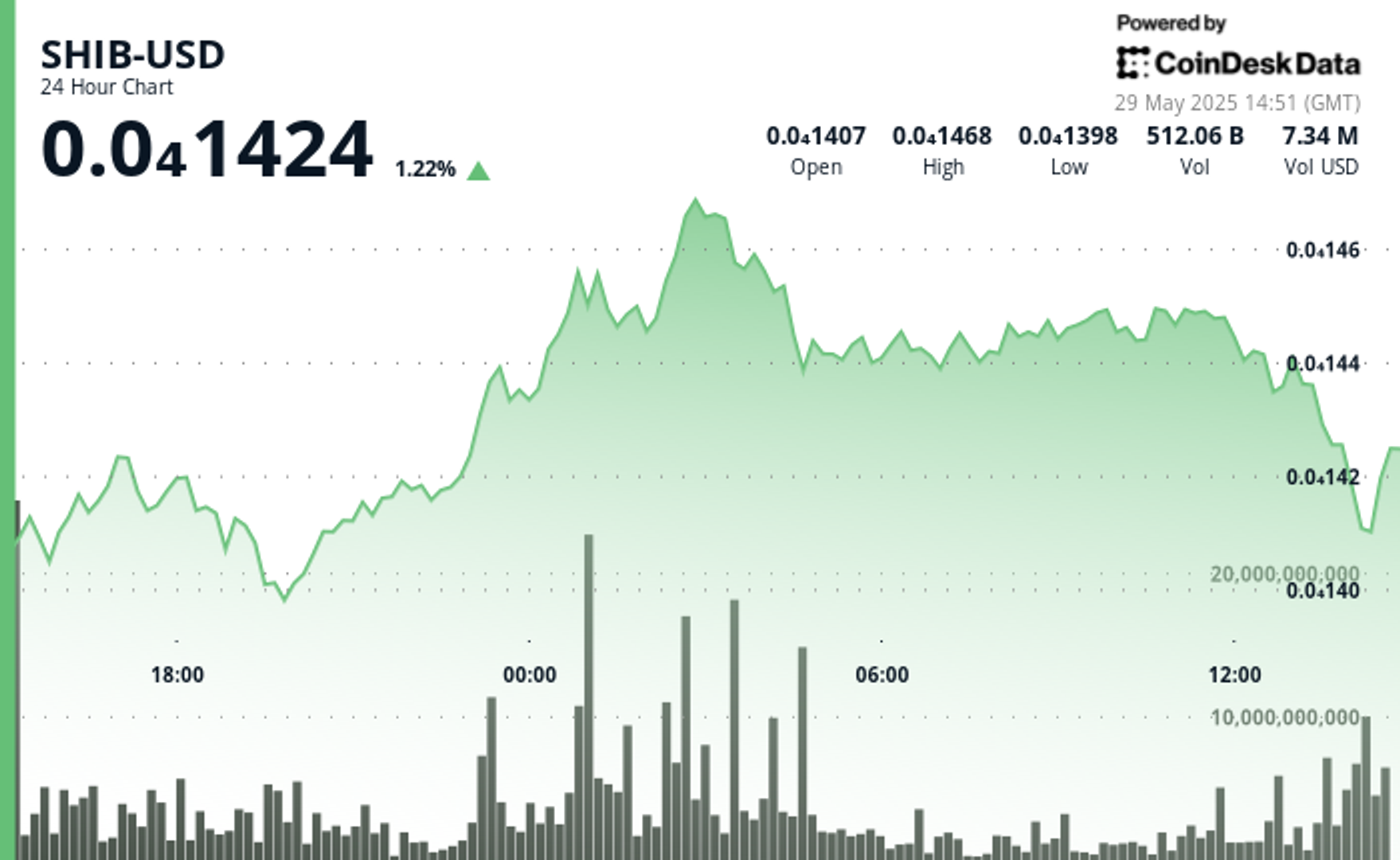Exclusive: Hex raises a $70 million Series C to double down on data in the AI era
Hex, a data analytics startup, has raised a $70 million Series C, Fortune can exclusively report.

On Memorial Day, the Oklahoma City Thunder’s Shai Gilgeous-Alexander scored an astonishing 40 points in Game 4 of the NBA Western Conference Finals, as millions watched on TV and clicked through clips on social media.
The NBA is currently barreling towards its season finale, and quite a finale it will be: Of the four teams in the conference finals, only one has won the Larry O’Brien Championship Trophy before—the New York Knicks, in 1970 and 1973. (As a forlorn Miami Heat fan, I find my allegiances currently split between the Knicks and the ascendant Oklahoma City Thunder.)
But this moment is the culmination of more than 1,200 games across 30 teams in the regular season, and potentially billions of data points generated through fan engagement. The NBA has data, and as I was watching the nail-biter between the Minnesota Timberwolves and Thunder on Memorial Day, somewhere in the world, the NBA’s data science team was getting ready to crunch the numbers using data analytics startup Hex. Beyond the NBA, Hex’s customers include marquee names like Cisco, Notion, Reddit, StubHub, Anthropic, Figma, HubSpot, and Rivian.
“In every organization, the number of actual data questions that wind up getting answered is like a fraction,” said Barry McCardel, cofounder and CEO of Hex. “For the most part, people have questions, and they just kind of go with their gut because they know it’s going to take a long time to get an answer back from the data team.”
McCardel—who was wearing a “Data Person” shirt when we met—cofounded the startup in 2020 with Caitlin Colgrove and Glen Takahashi after the three met working at Palantir. And today, the company has announced a $70 million Series C, led by Avra. Sequoia Capital, Redpoint Ventures, Box Group, Snowflake Ventures, Andreessen Horowitz, and Amplify also participated.
What Hex does is abstract, but conceptually simple: The company provides a tool for analyzing data across various industries and organizations, helping those organizations answer questions like why something happened and what might happen next—finding correlations between different data points, building predictive models, and running experiments. I asked him about the labor concerns around AI, particularly as pertains to data teams.
“I think in even just the last few months with AI, the push to find efficiencies is big,” said McCardel. “But what I hear from our customers is that people aren’t looking to use AI to drive efficiencies, to shrink their data teams or lay people off. I think people recognize that there’s a lot of data work that’s pretty high-drudgery. The way I would frame it is that there’s an infinite demand for insight.”
The game is very much on in the data analytics and business intelligence space, which some research suggests could be globally worth $37 billion this year and may rise to more than $116 billion by 2033. Deeply competitive, the business intelligence sector has mature giants and has been the site of mega-deals. In 2019 alone, Google acquired Looker for $2.6 billion, while Salesforce acquired Tableau in a $15.7 billion all-stock deal. (Both would be considered Hex competitors, as would Microsoft Power BI and venture-backed companies like Deepnote and Sigma.) Salesforce, on Tuesday, announced plans to acquire data management company Informatica for $8 billion.
McCardel’s case for Hex’s opportunity, particularly around AI’s rise, is this: AI has meant that people will both have more data than ever, and that there will be more of a need than ever to drive actionable insights from that data. AI-driven features, like natural language, also make data more usable for more people, with the right platform.
“80% to 90% of the attention and focus for data teams goes to cranking out dashboards, but 80% to 90% of the useful questions actually driving decisions aren’t answerable by a dashboard,” McCardel told Fortune. “If you think about what companies are hiring data scientists and data analysts to do, it’s to answer more meaningful questions. Data teams have a mandate to answer those deeper questions. And traditional BI [business intelligence] tools just aren’t built for that at all.”
The NBA has been using Hex in a very AI-forward way. Hex has a “key role in the NBA’s data science workflow,” said NBA chief data and analytics officer Matt Wolf via email. Hex’s tools are helping the league build LLMs and other AI tools, finding the lines between customer data and basketball data in the process, he added.
Sometimes, it’s hard to figure out why an audience behaves in the way they do—what they will and won’t tune into, what they’ll buy and what they won’t. For the life of me, I can’t figure out why more people aren’t excited about the Oklahoma City Thunder—mathematically an NBA history-making team out of the regular season. But reports have surfaced suggesting Western Conference Finals viewership isn’t matching up to Eastern Conference Finals viewership.
That could be because the Pacers-Knicks matchup brings back a 30-year-old rivalry, because of consumer broadcast preferences, or because New York is the largest media market in the U.S. But ultimately, this kind of gulf is the sort of thing people can speculate about—but that well-understood data can provide real answers to. And looking for answers is human nature.
“There’s a deep human desire to know, to better understand the world, and for decision-makers within organizations to do that in a way that’s grounded in data and grounded in fact,” said McCardel. “People want to increase their confidence and certainty in their decisions—that’s why they hire data teams…In the end, you want to better understand the world you’re operating in.”
See you tomorrow,
Allie Garfinkle
X: @agarfinks
Email: alexandra.garfinkle@fortune.com
Submit a deal for the Term Sheet newsletter here.
Nina Ajemian curated the deals section of today’s newsletter. Subscribe here.
This story was originally featured on Fortune.com






































































































































































